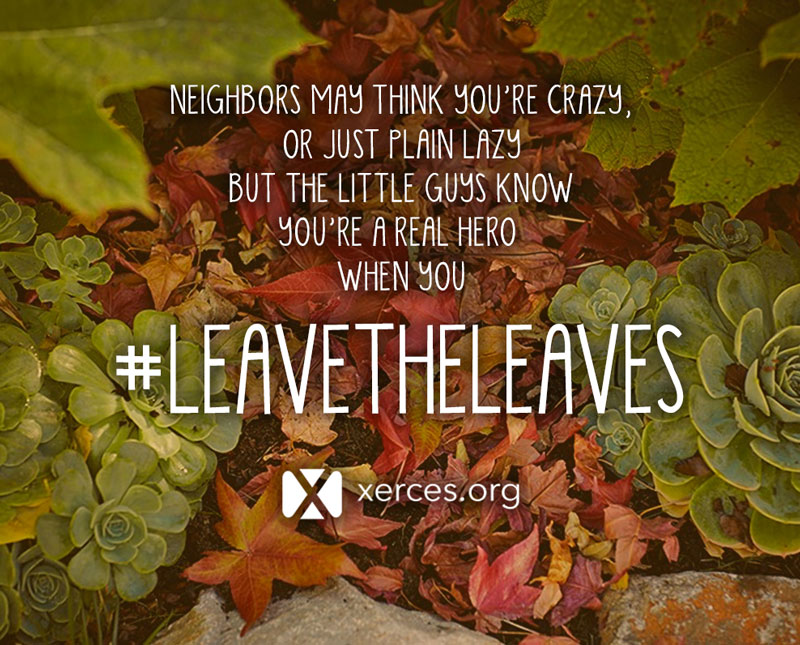Retirement has been a bigger adjustment that I thought. It's amazing when you have less to do, you get disorganized.
I think I am fairly well sorted out now and can get back to writing this blog and my other.
I came home today to see that our neighbor had blown all the leaves in his yard into ours. Why, thank you, neighbor!
He doesn't like leaves. He doesn't like mess. In fact, last year he tore out all his shrubbery and a month ago, he took down his two mature trees--an elm and a live oak--because they were messy.
Therefore, I know his actions were his passive/aggressive way to send me a message that he wants me to rake my leaves. You would think after living next to us for 12 years he would know the likelihood of that happening is about zero.
I do need to get out and pick up the leaves in the street in order to get them on the garden before the city street sweeper comes by to take them all away. I am not sure when that is going to happen since this weekend is busy, busy.
Personally, I don't rake at all, so we have a layer of leaves (read, "mulch") on our yard. I do sweep the leaves off the drive, sidewalks, and curbs to put on the garden to compost over the winter and to protect some of the herbs I overwinter (oregano and sage for examples). In the past, I have taken bags of leaves from our neighbors, but am a little more reticent now since most of our neighbors have taken to having a lawn treatment company spray their yards. Their yards have fewer weeds, but ours is greener (except in August, maybe).
Why leave the leaves? First, because it is good mulch. They provide good protection for plant roots and plants you want to keep alive over the winter. Secondly, by spring the leaves will have broken down quite a bit, fertilizing the soil. And lastly, they provide shelter for insects and their eggs/larvae/pupae. You can't have butterflies and moths if you through them away with your leaves.
If you truly can't stand to have leaves all over the yard, at least move them into places where they can do the most good. Flowerbeds to fertilize/protect bulbs and a back corner of your yard the neighbors can't see and complain about.
If you are looking for ways to improve your yard for pollinators and other wildlife, download this handout from the Xerces Society.

No comments:
Post a Comment